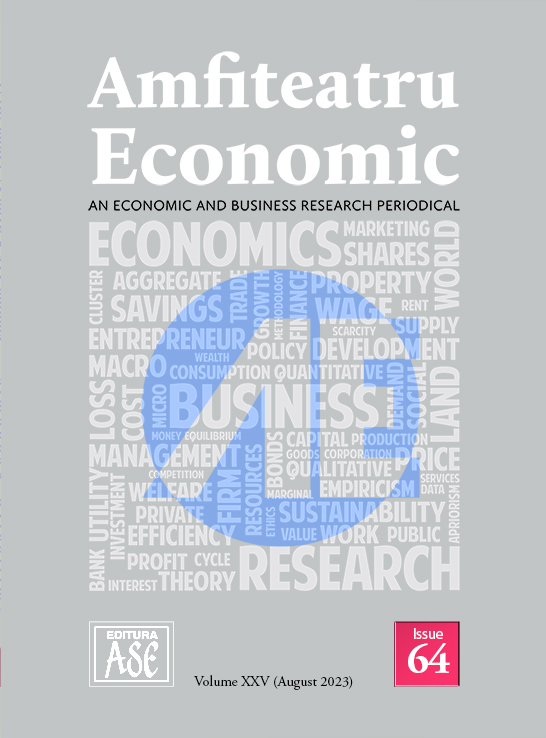International Tax Planning and Ownership Structure in the Czech Republic
International Tax Planning and Ownership Structure in the Czech Republic
Author(s): Vít JedličkaSubject(s): Business Economy / Management, Energy and Environmental Studies, Financial Markets, Fiscal Politics / Budgeting
Published by: EDITURA ASE
Keywords: tax planning; tax avoidance; family companies; tax havens; Czech Republic;
Summary/Abstract: Tax planning is part of modern financial management worldwide, and the countries of Central Europe are no exception. Tax havens provide opportunities for managers to increase companies’ profits through tax reduction. Naturally, there are differences in ownership structures; therefore, the management of companies also has specific approaches, especially in family companies. Due to events in Czech history, the owners of family companies in that nation can have different priorities than those in Western ones. This article focuses on ownership structure specification and its impact on the tax burden of Czech companies. It uses data from the 233 most influential companies in the Czech Republic, covering 2009-2018. While the study aims to assess the ownership structure as a determinant of the tax burden, it adopts the regression of panel data as a method. The study contains pooled OLS and regression with random effects. Family companies are not less aggressive about tax planning in the Czech Republic. Historical development has caused a different approach among family companies than in Western countries. The ownership connection with foreign parent companies has not impacted Czech companies’ tax burdens. On the other hand, tax burden determinants differ not only between family and non-family companies, but also between domestic-owned and foreign-owned companies. Indebtedness seems to be the critical factor that can help companies avoid paying taxes, regardless of their ownership structure. Companies often use intragroup loans to lower their tax burden, and this study shows that Czech companies are no exception. On the other hand, only companies with foreign parent companies can use tax planning schemes involving intangible assets and royalties. As for family companies, the variability of the tax burden is not fully explained by the usual determinants; therefore, further research should also consider the types of managers as a determinant.
Journal: Amfiteatru Economic
- Issue Year: 25/2023
- Issue No: 64
- Page Range: 867-884
- Page Count: 18
- Language: English

